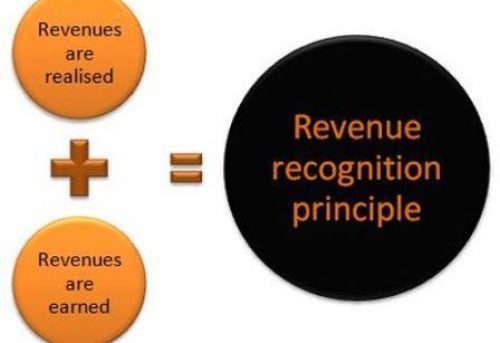The Concept of Revenue Recognition

As a business owner, do you know how you should recognise the revenues that your company has earned? The business transactions that happen can get more and more complicated when your company grows eventually, and you may not know the correct way of recording all of them properly. However, messy books of accounts may bring severe impacts as you would not know whether your company is earning a profit or suffering from losses, and you would not know the ways that you can treat the problems. So, you should consider outsourcing the accounting-related tasks to an accounting firm in Johor Bahru to keep proper accounting records.
Revenue recognition is one of the concepts mentioned in the accounting frameworks. It determines the conditions where business owners should recognise the revenue, and it identifies the correct way to account for it. Usually, business owners should recognise revenue when a critical event has taken place and when they can measure the amount of money easily. The principle of revenue recognition follows the accrual basis of accounting, which demand business owners to recognise revenues when they realise them, not when they receive cash. The term “realisable” means that the company has delivered the goods or services to its client, but they expect to collect the payment later (Also see Introduction to Accrued Revenue).
Accounting for revenue can be quite straight-forward when a company sells its products, and it should recognise revenue when its customer pays for what he has bought. Nevertheless, there are some cases where the company needs a long time to manufacture the products, and this is when the situation becomes complicated. As a result, there are some exceptions to the principle of revenue recognition.
Without a doubt, revenue is essential for the performance of all companies. Thus, regulators know that business owners would always like to push the limits on the amounts, events or anything that can qualify as revenue (Also see How to Determine Revenue – Financial Reporting Standard 18) . This is especially so when the companies are unable to collect all revenue earned when it has finished doing the work. As an instance, construction managers would bill their customers by using the percentage-of-completion approach.
Thus, analysts wish that the policies regarding revenue recognition which is implemented by a company can be uptake as a standard by the entire industry. If there is a standard guideline on revenue recognition, it would be easier for people to make comparisons between different companies when they review the line items on their respective profit and loss statements. Also, business owners should make sure that their company has been using the same principles on revenue recognition as this enables them to evaluate and review historical financial data so that they can detect any inconsistencies or seasonal trends.
If a company wants to include a revenue-generating activity as revenue in an accounting period, the event must be entirely or fundamentally complete. It also needs to be quite certain that it will receive payment for the earned revenue. Besides, the matching principle has stated that the companies should report revenues and their relevant costs in the same period.
